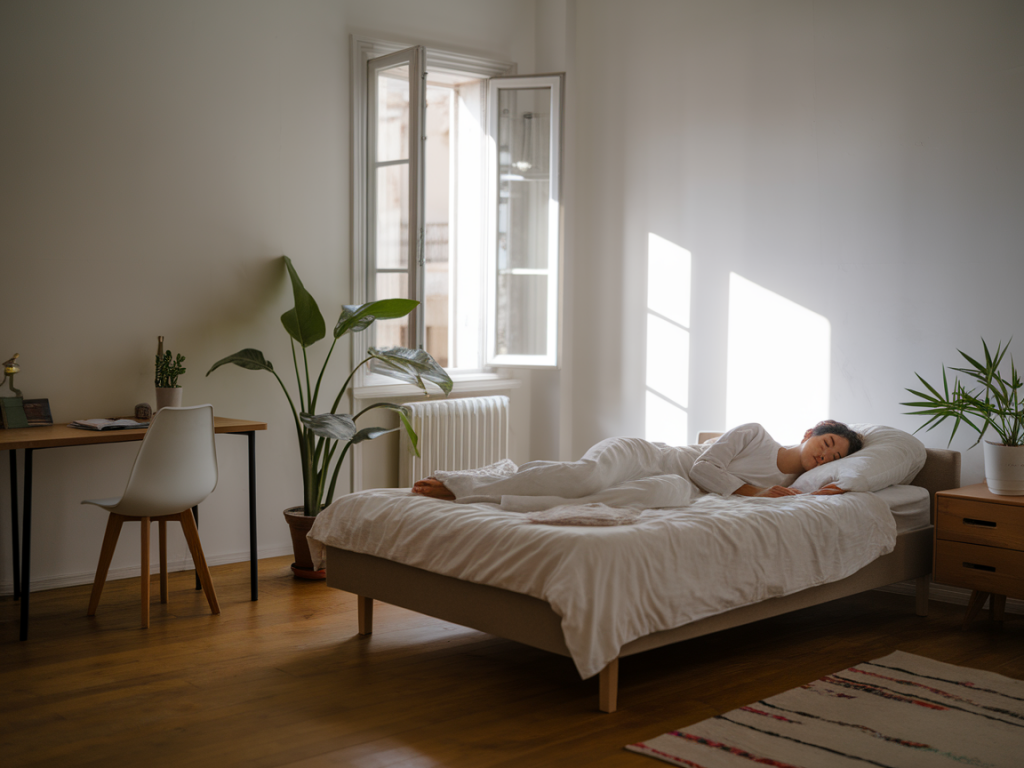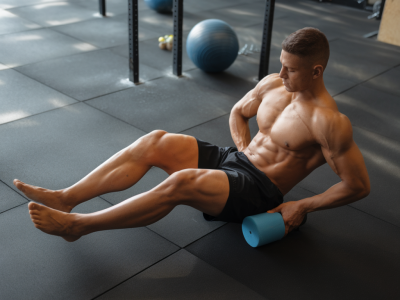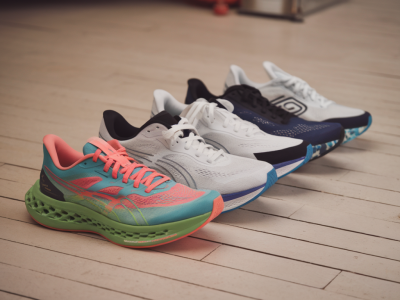
Have you ever felt like your workouts are falling flat, no matter how hard you push at the gym or how disciplined you are with your fitness routine? If you're not getting the results you want, there's a part of your regimen you may be overlooking: *sleep*. It’s a game-changer. Optimizing your sleep is one of the most powerful ways to supercharge your fitness journey and achieve your peak potential.
Why Sleep Is So Important for Fitness
If you think of your workouts as the “action” and your nutrition as the “fuel,” then consider sleep the crucial "recovery phase.” No matter how much effort you put into your fitness routine, your body won't fully adapt or improve without proper rest. When we sleep, our bodies perform an array of vital biological functions essential for recovery and performance:
- Muscle Repair: During deep sleep, your body produces growth hormone, which helps repair and rebuild muscle tissue stressed during exercise.
- Energy Restoration: Sleep replenishes glycogen levels in your muscles, ensuring you're ready to perform high-intensity activities.
- Mental Focus: Ever felt groggy or unfocused at the gym? Sleep helps improve cognitive function, enhancing motivation, coordination, and decision-making during workouts.
- Hormonal Balance: Skipping sleep can throw off crucial hormones like cortisol (stress hormone) and leptin (hunger regulator), tipping the scale in favor of fatigue, weight gain, and even reduced muscle mass.
In fact, studies have shown that athletes who prioritize consistent, high-quality sleep not only perform better but also experience faster recovery and fewer injuries. Sounds pretty convincing, right?
How Much Sleep Do You Really Need?
The recommended amount of sleep for adults is 7 to 9 hours per night, but the optimal range varies based on individual needs and activity levels. If you’re training intensely, you might require closer to 9 or even 10 hours to allow your body the time it needs to recover and repair. Trust me, your body will thank you! Think of sleep as part of your training schedule rather than an afterthought.
To determine your sweet spot, try tracking how you feel after different durations of sleep or use sleep-tracking apps or devices from brands like Fitbit, Garmin, or Oura. I personally use the Oura Ring, and it’s been a great tool for understanding how my sleep habits align with my fitness performance.
Tips to Optimize Your Sleep for Fitness Gains
With all of this in mind, you might be wondering how to ensure you're really maximizing your sleep quality. Here are some strategies I’ve found to be incredibly effective in both my personal journey and my research:
Create a Consistent Sleep Schedule
Go to bed and wake up at the same time every day—even on weekends. By doing so, you strengthen your body's internal clock, making it easier to fall asleep and wake up naturally. This can massively improve the restorative quality of your sleep.
Design a Relaxing Sleep Environment
Your bedroom should be a tranquil sanctuary. Keep it cool (around 60-67°F or 15-20°C), dark (blackout curtains work wonders), and quiet. If noise is an issue, try using white noise machines or earplugs. I also use a lavender essential oil diffuser near my bed, which helps me wind down.
Limit Screen Time Before Bed
The blue light emitted by phones, laptops, and TVs can interfere with your body's production of melatonin—the hormone responsible for signaling sleep. Try to power down your devices at least an hour before bedtime and pick up a book instead (a real one, not an e-reader!).
Fuel Wisely Before Bed
Did you know that what you eat before bedtime impacts your sleep quality? Avoid heavy meals, caffeine, and alcohol before sleep, as they can disrupt restorative cycles. If I feel a little hungry before bed, I reach for a small snack high in protein, such as Greek yogurt or a handful of almonds, to support overnight recovery.
Incorporate Evening Relaxation Practices
Yoga or gentle stretching can do wonders for calming the mind and easing muscle tension. A short 10-minute session with poses like Child’s Pose or Legs-Up-The-Wall can signal your body that it’s time to shift from high performance to deep rest mode.
Leveraging Naps for Fitness
If you didn’t get sufficient sleep at night, a well-timed nap can be beneficial—especially for athletes and active individuals. Short naps (around 20-30 minutes) can provide a quick energy boost without leaving you groggy. I personally keep a cozy blanket in my office and take power naps when needed, particularly after intense morning workouts.
But don’t overdo it: naps longer than 90 minutes or taken late in the afternoon may mess with your nightly sleep pattern.
Supplements: Do You Need Them?
If you struggle to enter or maintain restful sleep despite implementing these tips, you might want to consider natural supplements. Options like melatonin, magnesium (I like magnesium glycinate), or valerian root are popular and generally safe, but always consult with a healthcare provider before introducing them into your routine.
Tracking Your Progress
You'll likely notice improvements in your energy levels, workout performance, and even your mood as you dial in your sleep routine. One tool I’ve fallen in love with is a sleep tracker. Not only does it measure aspects like time in REM and deep sleep, but it also gives actionable advice. You don’t need to invest in expensive gear—a basic tracking app or wearable fitness tracker like Fitbit or WHOOP can also provide meaningful insights.
Remember, sleep isn’t just a passive activity but a dynamic partner in your fitness journey. By giving it the attention it deserves, you’ll maximize your results both inside and outside the gym. Sweet dreams and happy training!

